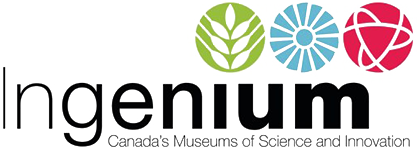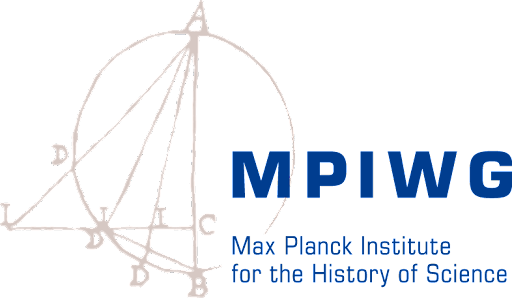Artefacts
Stethoscope
Stethoscope
UHN catalogue no. “972.18.4 a” printed by hand in black ink on shaft.
“Dr. G.H. Agnew” printed in black ink on adhesive tape encircling shaft, near chest piece.
UHN catalogue no. “972.18.4 b” printed by hand in black ink on earpiece.
3.2 cm diameter, 15.9 cm height
Medium brown (possibly maple) wood, varnished/lacquered.
Instrument used to amplify sounds from within the body especially used to listen to heart, pulse, breathing and lungs, so that they may be heard by the user.
Part of a larger collection of medical artifacts, archival material and trade literature transferred to CSTM in 2002 from the former History of Medicine Museum in Toronto, Ontario.
Roberts style monaural allows instrument shaft to be Roberts style monaural allows instrument shaft to be inserted crosswise through earpiece, reducing size for ease of carrying. The earpiece is attached in the traditional manner when in actual use. First monaural stethoscope invented in France in 1816: compact and rugged, the instrument greatly improved the physician’s ability to listen to internal body sounds. Monaural used exclusively c. 1820-1850 when binaural stethoscope introduced.
© 2015 – 2024 Humboldt-Universität zu Berlin






